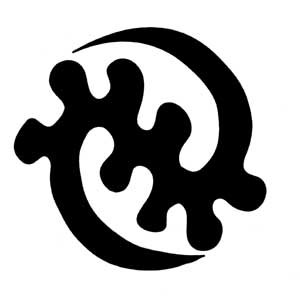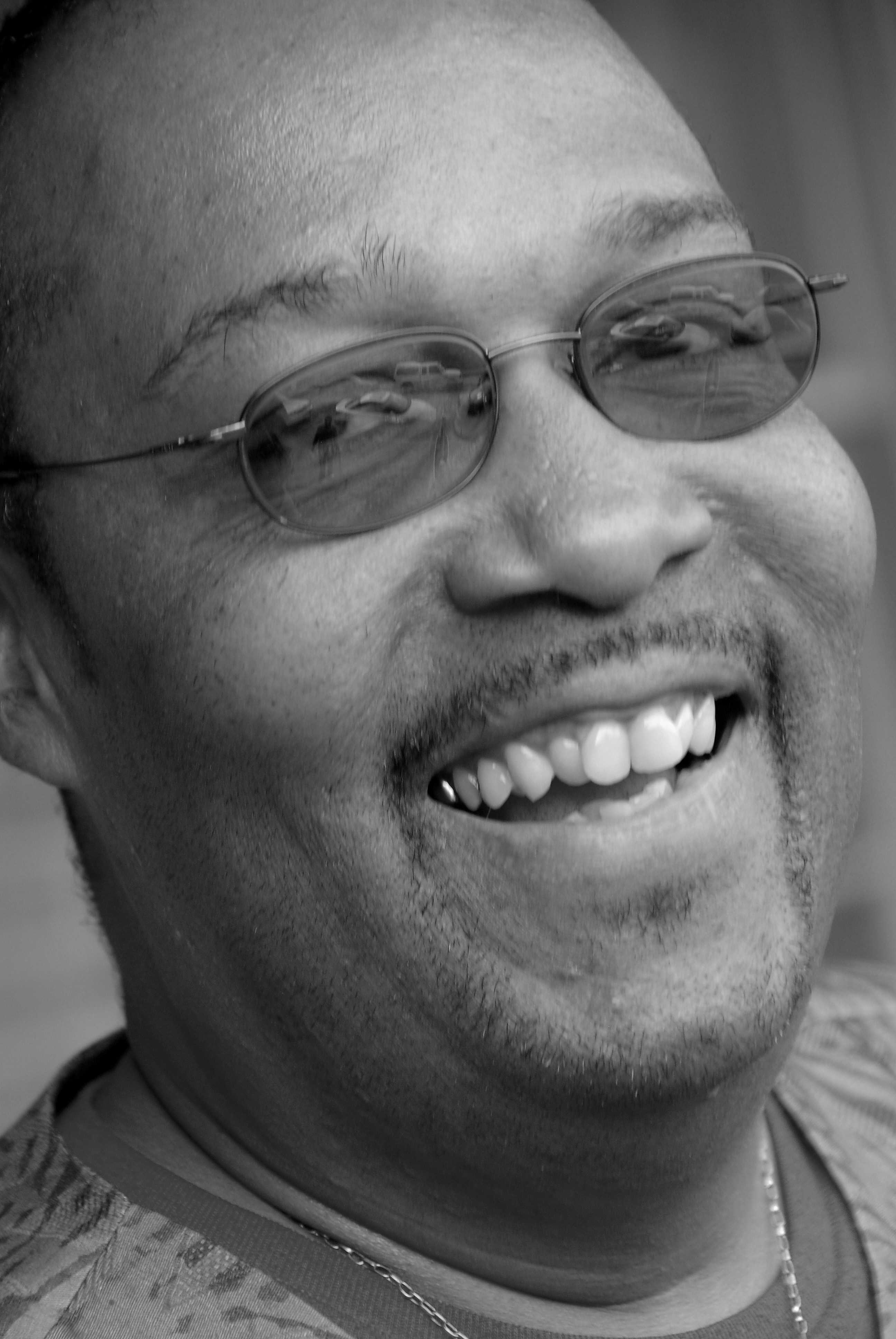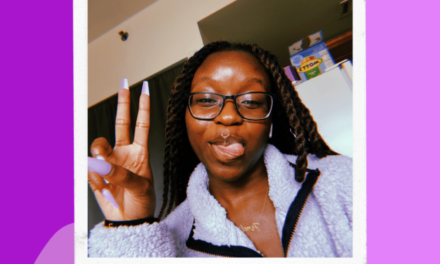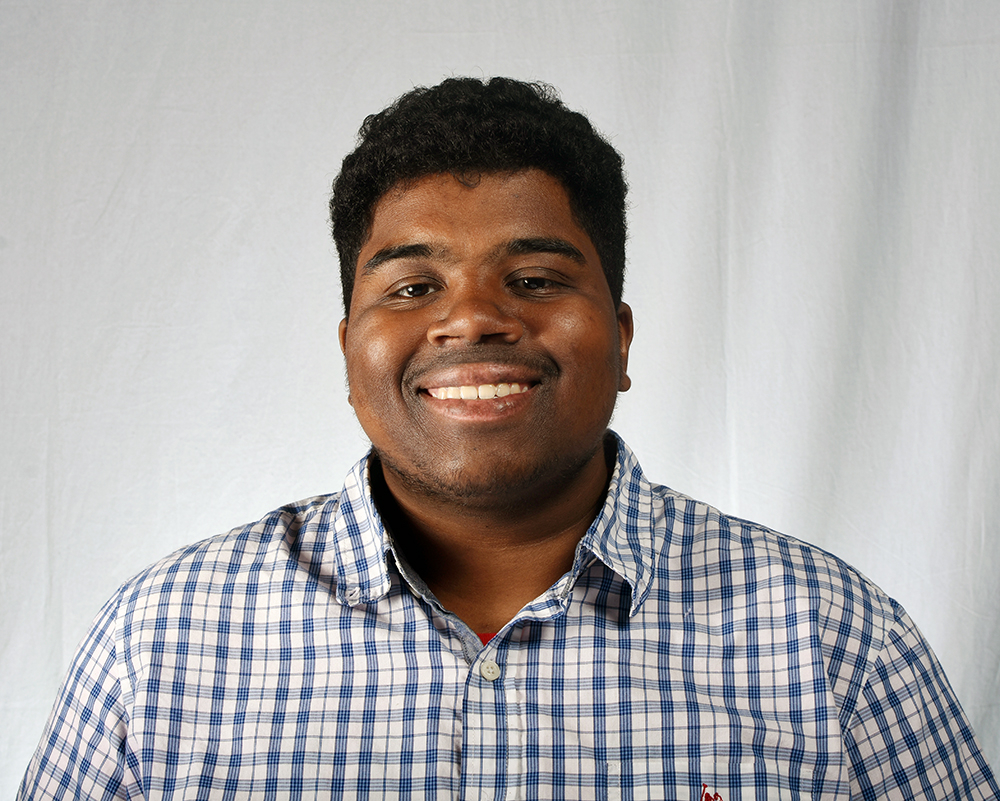Qasima Wideman | Correspondent
The following article is written based on the premise that we are experts in [only] our own experiences. The perspectives expressed below are based on my experiences and those shared by two other queer and Black members of NC State’s GBLT-CA (Gay, Bisexual, Lesbian, Transgender Community Alliance); and are not intended to reflect the experiences or opinions of the entire queer community of color at N.C. State. It is my hope that this article will be the beginning of a much deeper and broader dialogue within communities of color, which allows queer people of color to speak on our experiences, desires, and struggles in our own names.
For Black queers at N.C. State, carving out the space to be whole is a particularly daunting task. When being in LGBT spaces results in bombardment with attitudes like “gay is the new Black,” and being in Black spaces means being afraid to freely express our genders and sexualities, we are constantly reminded of the assumed impossibility of our existence.
Living as a queer person of African descent involves a particular experience of racism and homophobia as forces that cannot function separately in our lives by virtue of the fact that we are both queer and Black all the time. Queer, trans, and gender nonconforming people of color account for 70% of murders of LGBT people, according to data released by the National Coalition of Anti-Violence Coalitions. Young queer and trans people of color are also more likely to experience homelessness, incarceration, and school pushout than their white, straight, and cisgender counterparts. The fact that we have made it to our late teen and early adult years alive, let alone gained admission into an institution of higher learning, makes us a privileged and unlikely few. It’s of particular importance for us to build and maintain community with other queer and trans youth of color who have not been afforded the same opportunities we have.
For those of us living precariously in the intersection of racism and homophobia here at State, embracing not only the validity, but also the possibility, of our own identities is often a triumph in progress. “It’s hard being black and queer,” confided Avery Mercer (alias), a senior and a queer Black man. “It’s hard to reconcile those two identities. Sometimes I ultimately feel like I can’t be both black and queer, even though my queer identity is very sacred to me.” Ethan Drake, a junior in Mechanical Engineering and a biracial gay man, says he struggled to realize that he could be both gay and a person of color in part due to erasure of queer people of color in the media. “Even in TV shows and stuff,” he noted, “when there’s a gay character they’re white.”
Being both Black and queer at a PWI presents a peculiar kind of isolation that is conducive to both alienation and an intensity of connection to community. “At N.C. State especially, it just happens that we could be in a class of like, all white people,” says Ethan. “I feel this sense that if there’s somebody else of color in that classroom with me, that we have to get along. Like, we gotta stick together because we’re the only minorities here, basically. I feel like there’s always that sense of community that’s really strong, especially with people who are from the South and are Black. I feel that, in my experiences, it seems to trump all other things. Even if someone doesn’t necessarily believe that it’s okay to be gay, I feel like they can put their own beliefs aside to be courteous, and a good friend.” For Mercer, community is equally important. “I could take the dive, the plunge to just be out, and deal with the consequences; but it’s really important to me that I don’t alienate my community, black folks especially.”
For all people of color at N.C. State, a desk in a classroom where we’re the only brown dot on the horizon can feel like a desert island. The need for community, support, and shared understanding and experiences is something we have all felt deeply; but for queer Black folks, that need is experienced to the power of two. Ethan expressed the importance of having access to spaces with other queer people of color as resources for emotional support. “The things that we’ve experienced, they aren’t understandable by people who are white and queer. So if I needed to go and talk to somebody, I personally don’t know that I would be comfortable talking to somebody who was white and queer, or someone who was Black and straight. Because they haven’t experienced something like this.”
Avery’s experiences with hip-hop ideals of “hypermasculine machismo” in the broader Black community make him apprehensive about the ways his queer identity would be perceived by the Black student body at N.C. State. “The extent of homophobia in the [Black] community is just surprising, given what we’ve had to deal with. But it makes sense because we’re so invested in having to prove ourselves to others- especially white people. We’re afraid of being associated with such a stigmatized group.” Ethan expressed similar discomfort with being around straight Black men. “I’ve found that Black girls tend to be more comfortable around me than Black guys. It seems like with Black guys, there’s like, the whole ‘brother’ thing- that like, masculinity is a very important thing. So a lot of times, I’ve been made uncomfortable when people will say that I’m like one of the girls or whatever. And I’m like, well I identify as a guy, so… Don’t say that. I don’t identify as female so please don’t say like, ‘girl,’ and stuff to me. And then people will be like, ‘Oh, I didn’t mean it like that, I was just trying to- you know how gay guys say like, ‘girl’ to each other?’ And I’m like, nah. Please, just don’t do it anymore. And like, just because I’m gay, am I seen as not as masculine as other guys who aren’t gay?”
Also interesting was the fact that there are very few queer Black folks who are female-assigned-at-birth in GBLT-CA, and the only Black women who responded to my request for interviews identified as “allies,” or straight women who act in solidarity with the LGBT community. That conspicuous absence seems a testament to the ways in which homophobia, racism, and misogyny interact to isolate and silence queer and trans women of color. As a gender-nonconforming Black dyke, my most profound experience of the internalization of all three of these power structures occurred during my high school years, when I was dating a white queer person whose family was significantly more well-off, financially, than my own. Going over to their house consistently felt like trespassing. The fact that they weren’t open with their parents about our relationship felt less like a result of their shame over their own identity than it did like shame over who I was. I felt like I must be something extraordinarily grotesque, to feel desire at all, and especially to feel deviant desire for someone who was my “better,” as a white person from a “good” family.
The ability to have conversations with other queer people of color was an empowering experience, both for myself and for Ethan and Avery. “This was good, I haven’t really gotten to talk about this stuff with anybody before,” said Ethan. We hope to continue building power and community among queer people of color at State, and to build bridges, resources, and space within the Black community for queer people to be open and whole. “Ultimately, as a people,” said Mercer, “we need to understand that we do have queer people in our community, who need to be accepted and brought in, who need the space to be themselves. And hopefully we’ll be able to find that space, and stop using religious excuses for not accepting others… [Queerness] is a valid identity that needs to be fulfilled, needs to be celebrated and empowered, in so many ways.”
—
Crash Course in LGBT Terminology:
LGBT- Lesbian, Gay, Bisexual, Transgender
Queer- a word historically used against LGBT people by violent homophobes, but which has been reclaimed by young LGBT people as both an umbrella term for those in the LGBT community and as a radically political sexual identity. This term has been reclaimed to the point that it is generally acceptable for non-LGBT people to use it in a respectful capacity. In spaces with LGBT elders, this term is less acceptable than among young members of the LGBT community
Dyke- a slur historically used violently against same-gender-loving and gender nonconforming people assigned the female gender at birth. Some of these people, myself included, have reclaimed this term; but it should not be used by anyone outside that group under any circumstances.
Transgender person- a person who identifies with a gender other than the one they were assigned at birth
Transwoman- a woman who was assigned the male gender at birth and, normally socialized as a boy. She made the decision to identify as a woman, and, if she has the resources, she may also make the decision to get a legal name change, have gender-reassignment surgery, and/or undergo hormone therapy. She is a woman whether or not she has made these decisions or has the resources to execute them.





